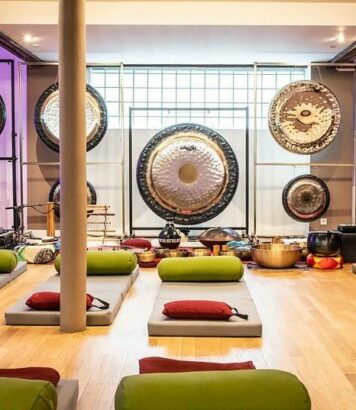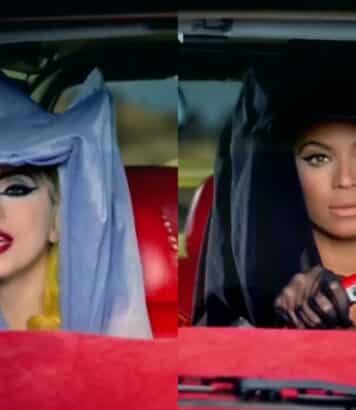Biopics to see in cinemas this fall
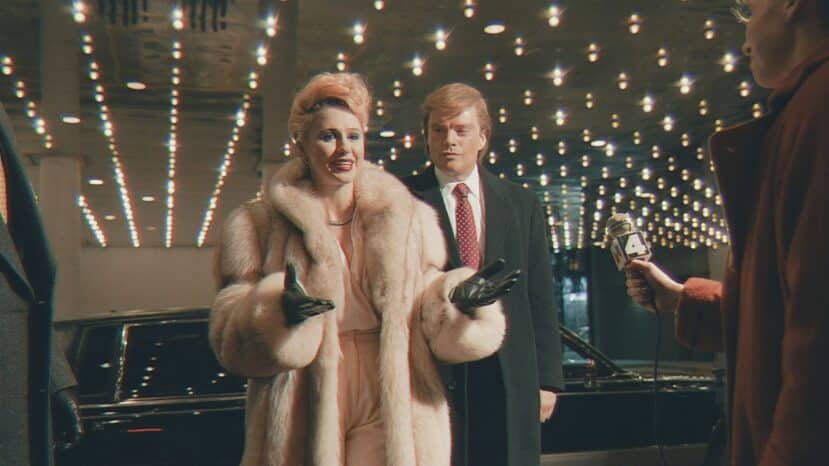
From femme fatale to intrepid reporter, from aristocrat to rebellious artist, and from grand dandy to almost crooked billionaire, discover the biopics that retrace part of the lives of three people who left their mark on history and on people’s minds. All in cinemas. Prefer to stay warm at home? Our selection of biopics to watch on Netflix, just below!
Monsieur Aznavour
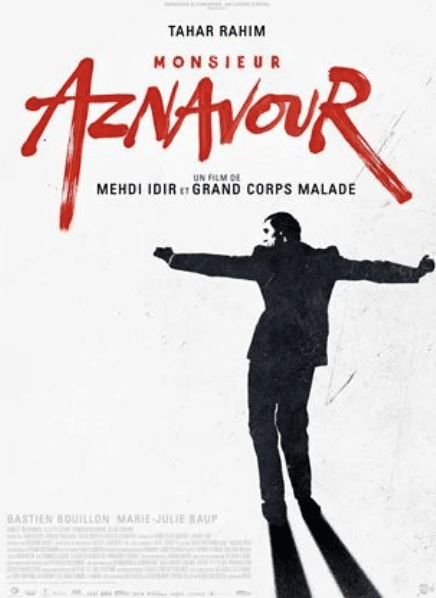
Unlike international biopics, Monsieur Aznavour faithfully traces Charles Aznavour‘s early life, exploring the deep and complex aspects of his life. The film is a tribute to the artist and his origins, showing his shadows and his light. We loved it. From the very first images, the film reveals the weight of history in Charles Aznavour’s career. Opening with archive footage of the Armenian genocide, it shows the legacy that Charles Aznavourian and his family carried with them to France. This tragedy, “this flaw transformed into strength”, is an integral part of the man and artist he was to become.
Lee Miller, the intrepid
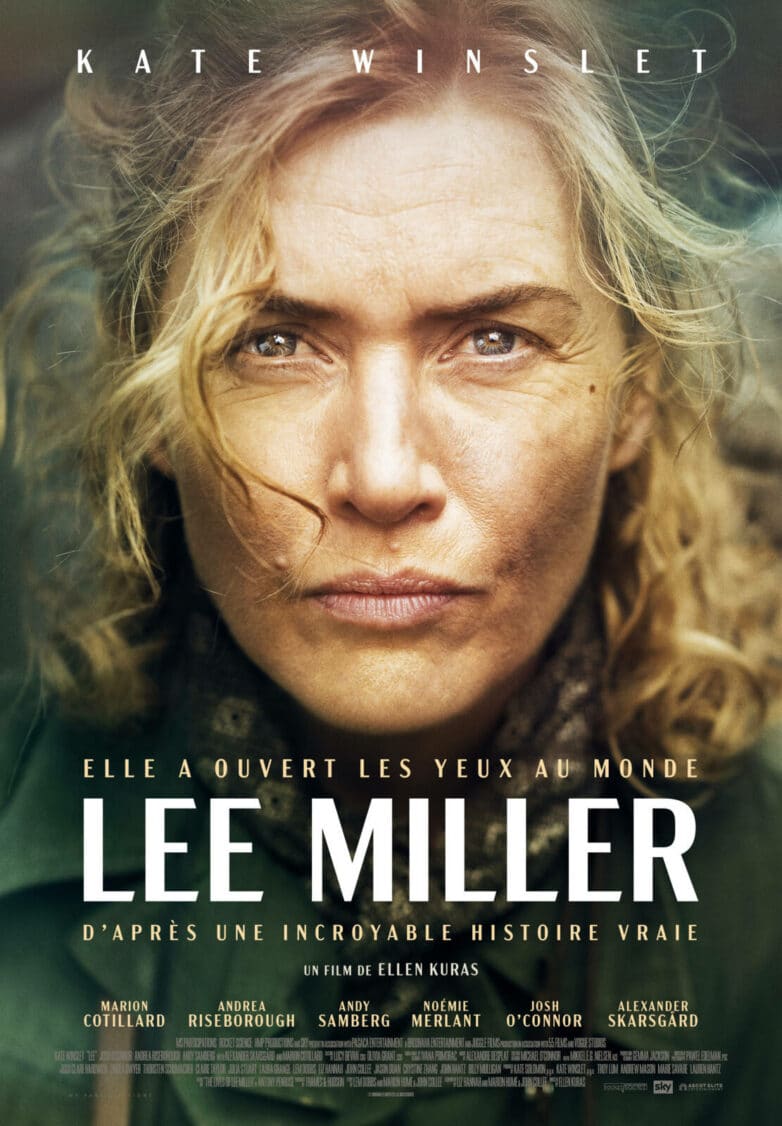
The incredible life of Lee Miller, ex-Vogue model and Man Ray‘s muse, who became one of the first female war photographers. Through her courage and refusal of convention, she changed the way the world was seen. Kate Winslet embodies this character admirably, and fought for nine years to bring this project to the screen. Directed by Ellen Kuras, the film focuses on Miller’s career as a war photographer. As lead actress and producer, Winslet was keen to highlight the determination of a photojournalist whose work has long been overshadowed by that of her colleagues. Her determination also moved Ami Bouhassane, Lee Miller’s granddaughter and curator of the archive bearing her name. The film is based on Anthony Penrose‘s book The Lives of Lee Miller, published in 1985.
Trump, money has a color: orange
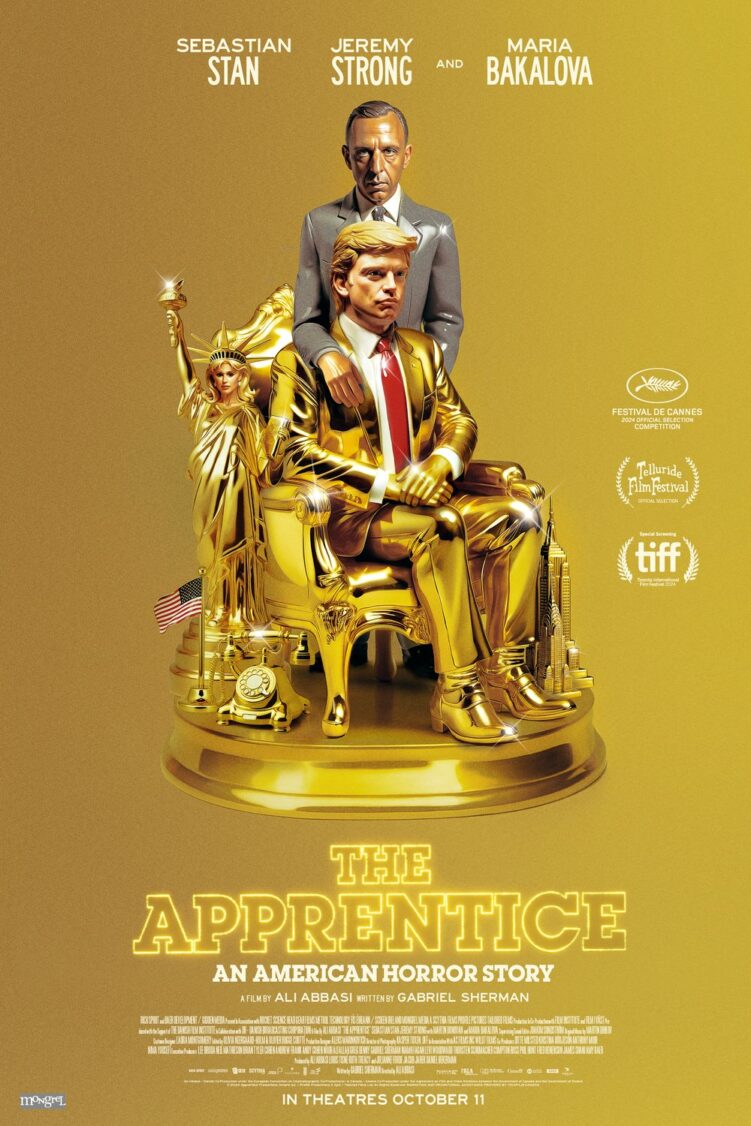
The Apprentice plunges us into the inner workings of the American empire. It explores the rise of young Donald through a Faustian pact with Roy Cohn, a conservative lawyer and political matchmaker. The film focuses on the beginnings of the country’s most controversial billionaire. In the 1970s, Trump was still shy, with big, round cheeks. His dream? To buy the Commodore, a decrepit hotel on 42nd Street, and turn it into an international palace. But his father is against the project. The appearance of Roy Cohn changes all that. Cohn impresses Trump with his brutal manners and piercing gaze. Cohn defends the mobsters and uses the most questionable means to get his way. The student learns his lesson well. Director Ali Abassi makes no attempt to set up a trial or caricature the characters.
Beautiful and rebellious, the beginnings of an artist

In 1952, Niki de Saint Phalle(Charlotte Le Bon) settled in France, far from stifling America. Despite this distance, reminiscences of her childhood haunt her mind. Niki soon discovers that art becomes her weapon of liberation. The film focuses on Niki de Saint Phalle as an artist, but also as a woman. Her early works, whether filmic, musical or literary, are intimate, fueled by a burning desire to tell her own story. Biopic director Céline Sallette sums up the film by saying, “It’s not just the portrait of an artist, but also of a woman who accesses her power.”
And on Netflix, you’ll also love
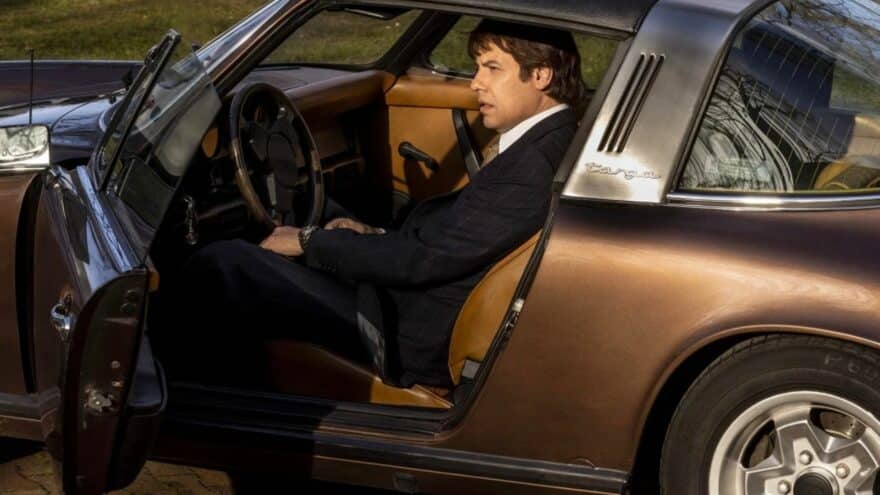
Tapie, a mini-series about Bernard Tapie, directed by Tristan Séguéla and starring Laurent Lafitte.
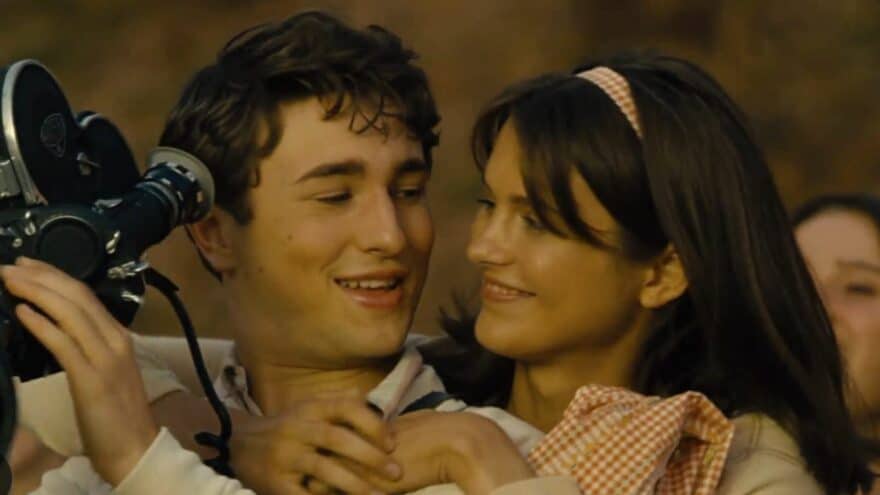
The Fabelmans, a film directed by Steven Spielberg about his childhood and early career, starring Gabriel LaBelle.
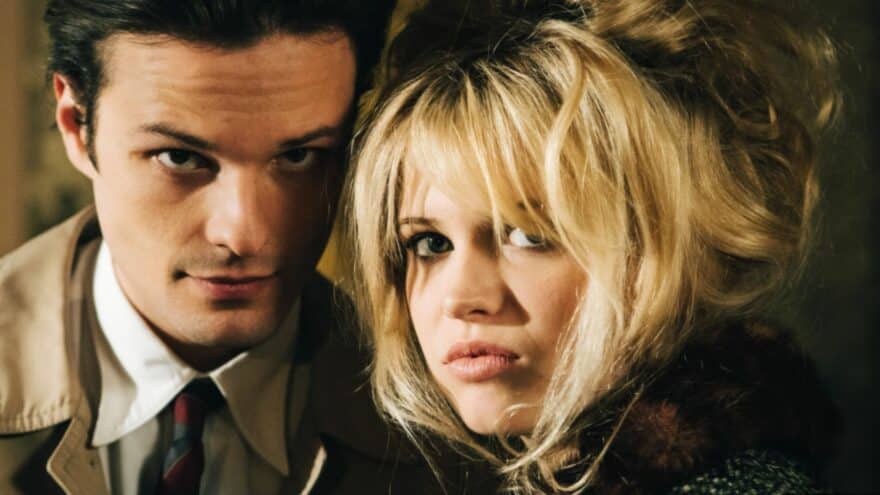
Bardot, mini-series by Danièle and Christopher Thompson about Brigitte Bardot, with Julia de Nunez and Victor Belmondo.
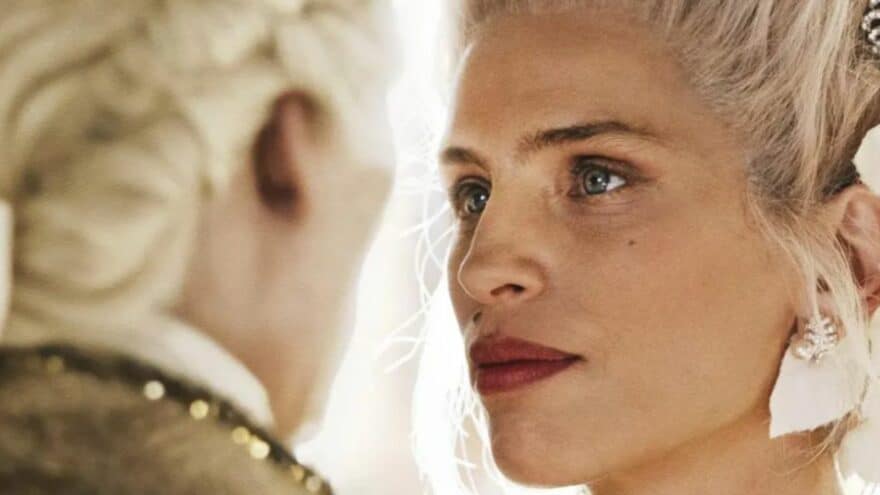
Jeanne du Barry, film directed by Maïwenn about Jeanne du Barry, starring Maïwenn and Johnny Depp.
To find out all about culture, visit Paris Select Book!

